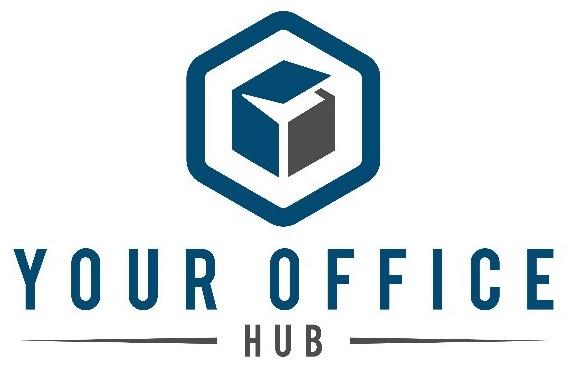The concept of "the office" has undergone profound changes over the last few years, accelerated by technological advances and societal shifts. Traditional office spaces and 9-to-5 schedules are being transformed by innovations like virtual reality (VR) meeting rooms, coworking spaces, and the rise of fully remote teams. This blog explores the trends shaping the future of workspaces and what these changes mean for businesses and employees alike.
Virtual Reality Meeting Rooms
The Integration of VR:
- Virtual reality technology is beginning to find its place in the business world, particularly in the realm of meetings and collaborations. VR meeting rooms allow team members from across the globe to interact in a simulated space that feels as real as a physical office. Tools like Oculus for Business are paving the way for meeting participants to engage with 3D models, data visualizations, and each other in more immersive and impactful ways.
Benefits and Challenges:
- The benefits of VR meeting rooms include increased engagement and a stronger sense of presence, which can lead to more productive and collaborative sessions. However, the cost of VR equipment and the need for technical setup remain challenges for widespread adoption.
Coworking Spaces
The Rise of Shared Environments:
- Coworking spaces have emerged as a popular alternative to traditional offices, especially among freelancers, startups, and small teams. These spaces offer flexibility, reduced overhead costs, and the opportunity for networking without long-term commitments. Companies like WeWork have popularized this model by providing amenities and environments that foster creativity and collaboration.
Community and Connectivity:
- Beyond just shared office space, coworking environments often promote community and collaboration among diverse groups of professionals. This aspect can be particularly appealing for individuals and teams looking for dynamic working environments and opportunities for serendipitous interactions.
Fully Remote Global Teams
Global Workforce:
- Advances in communication technologies and changing attitudes towards work have facilitated the rise of fully remote teams. Companies now have the ability to tap into global talent pools without the need for physical relocation, allowing for more diverse and versatile teams.
Management and Productivity:
- Managing remote teams requires different strategies compared to traditional setups. Tools like Slack, Zoom, and Asana help in maintaining communication and productivity. The challenge lies in preserving team cohesion and ensuring consistent productivity without the physical presence of a traditional office.
The Hybrid Model
Balancing Flexibility and Structure:
- Many organizations are adopting a hybrid model, where employees split their time between home, coworking spaces, and traditional offices. This model offers a balance of flexibility and structure, allowing employees to benefit from both independent and collaborative work environments.
Technology and Policy:
- Effective hybrid models rely on robust technological infrastructure and clear policies. Ensuring all team members have access to necessary tools and understand when and how they are expected to work is crucial for this model's success.
Conclusion
The future of workspaces is characterized by flexibility, innovation, and inclusivity. As we move forward, the integration of technology in our work environments will continue to evolve, and the concept of what constitutes an "office" will further expand. For businesses looking to stay ahead of the curve, embracing these changes and exploring new workspace solutions will be key to attracting and retaining top talent. Whether through VR, coworking spaces, or fully remote teams, the workspace of the future will continue to adapt to the needs of modern professionals.
As workplaces continue to evolve, so does the need for robust and reliable technological solutions. For the latest in workspace technology that can help your business navigate these changes, visit YourOfficeHub.com. Stay equipped and ready to embrace the dynamic future of workspaces.

